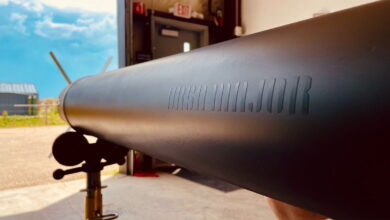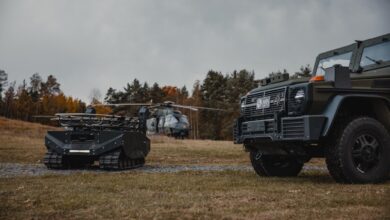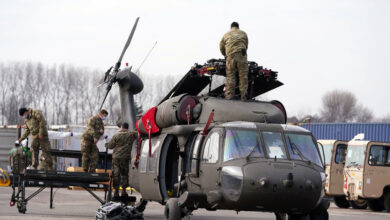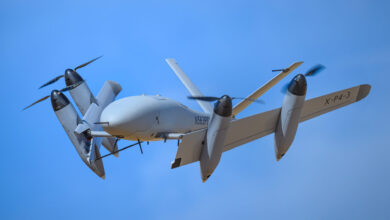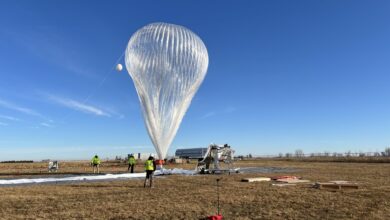US Army Demos Robotic Advancements for Underground Operations
The US Army DEVCOM Ground Vehicle Systems Center (GVSC) this month held a demonstration to highlight how robotic and autonomous platforms can assist soldiers conducting underground operations.
Adversaries are increasingly using tunnels and other underground facilities, GVSC project manager for Dismounted Robotic Systems Danny Guerrero explained.
“Engaging in these environments puts our warfighters in dangerous situations with limited visibility, movement, communication, and tracking,” Guerrero said. Additional risks such as flooding, cave-ins, and harmful air quality make subterranean operations “all the more challenging,” he added.
The GVSC demo showed how multi-robot autonomy and sensing can help improve situational understanding and tactical advantage in such environments.

Minimal Human Supervision
The GVSC technology includes GPS-denied autonomous navigation, 2D/3D spatial mapping, object detection, and integrated chemical, biological, radiological, and nuclear sensing.
The autonomy and sensor-enabled robotic systems also give a tactical advantage, allowing soldiers to perform remote reconnaissance and other specific mission tasks while decreasing risks.
“With the capabilities we developed, warfighters can task unmanned systems to rapidly map, navigate, and exploit underground environments including natural cave networks, tunnel systems, and urban underground infrastructure without stepping a foot inside,” Guerrero said.
The end goal is to develop an autonomous solution that can complete a mission in a communication-degraded environment with minimal human supervision.







